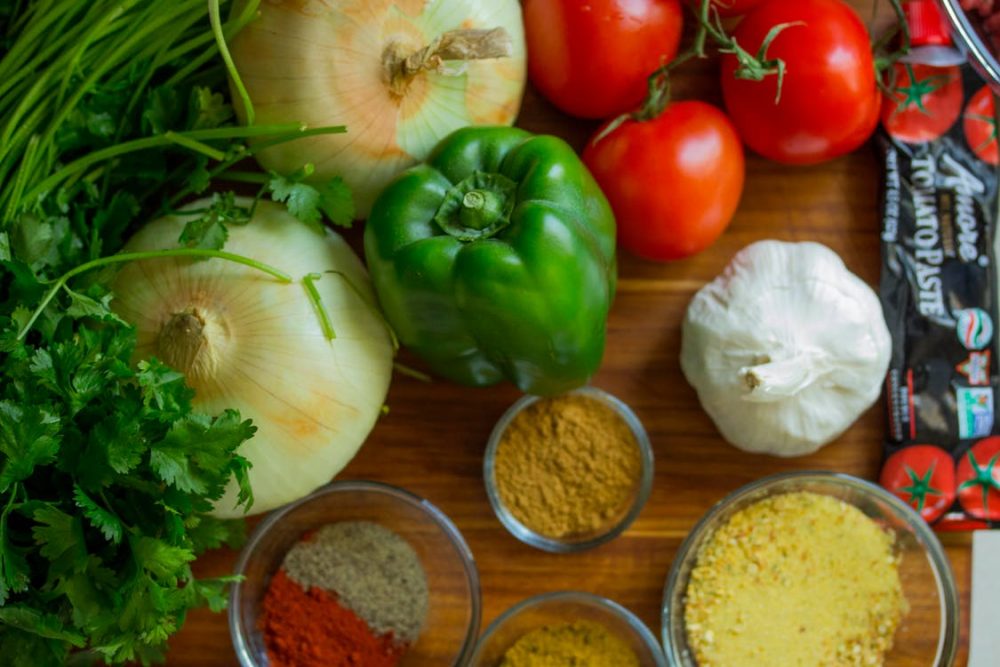Anti-Inflammatory Diets are fast gaining popularity as the go-to solution for a sustained effort at dieting. The term is actually a collective, referring to any dietary recommendation that is based on wholesome nutrition. Several popular diets fall into the bucket of anti-inflammatory diets, the most popular one being the Mediterranean diet. The Mediterranean diet is probably the one you know: this is by far the most popular.
Most chronic ailments and diseases have inflammation as their root cause. While medicine attempts to treat the symptom as it manifests, anti-inflammatory diets employ sound eating principles, effectively using food itself as medicine to encourage healing within the body. Most diets you have heard of from cultures where the population is a healthy weight, life expectancy is good, lifestyle diseases are not rampant, probably practice eating whole foods.
The anti-inflammatory diet is not a diet per se; it is more a sustainable approach to eating for life that can address the root cause of ailments, aches, and malaise related to aging. Inflammation is nothing the body’s attempt to heal itself from injury (acute inflammation) and irritation (chronic inflammation). Think of any condition that uses acute or chronic as prefixes, and what you have an inflammatory situation in the body. The key principle here is that the eating system is designed to help the body heal itself from within, reversing any and all inflammation resulting from diet, lifestyle, lack of fitness, and other considerations. Some of the popular anti-inflammatory diets are the Zone diet, the Atkins diet, the Mediterranean diet, and now, low carb diets. Diets that focus on whole foods and a healthy disdain for sugar and refined carbs can all be categorized into anti-inflammatory diets.
If you had to sum up anti-inflammatory diets in one line, it would have to be Michael Pollan’s eating principle: Eat food, mostly plants, not too much.
Nutrition in anti-inflammatory diets emphasize the following:
- Green leafy vegetables and crucifers like kale, broccoli, kohlrabi, cauliflower, etc.
- Foods that are high in water content like cucumbers, melons, celery, etc.
- Whole foods: mostly plant foods. Think color. Vegetables and fruits that can be consumed as food without altering them via cooking. Most diets recommend you get your 5-8 servings of veggies and fruits and in a rainbow of colors to derive maximum benefit.
- Foods that are high in anti-oxidants like berries, cherries, grapes, etc.
- Minimize intake of white carbs and refined carbs like bread, pasta, rice, etc., and replace with grains that are high in fiber like millets
- Avoid fried foods
- Learn the difference between omega-3s and omega-6s. Most diets and lifestyles tend to be heavier on the omega-6s, which can lead to inflammation when coupled with an inactive lifestyle. Omega-3s, however, are instrumental in increasing HDL (the good cholesterol) and lowering levels of Omega-6s, which can lead to higher LDL (the bad cholesterol). Where do I find omega-3s, you ask? Mostly in oily fish, and to some extent, nuts and seeds.
- Lean protein – like fish and chicken.
- Good fats – Eggs, nuts, seeds, olive oil, coconut oil, avocados, etc.
- Probiotics like yogurt, kefir, kombucha, etc.
- Spices and condiments: ginger, garlic, turmeric, cumin, coriander, pepper, cinnamon, etc. These aromatic spices that have long been key ingredients in eastern cultures are now gaining popularity as anti-inflammatory components in the western diet. You can use these liberally.
Anti-inflammatory diets offer a host of advantages and have been key in treating everything from metabolic syndrome (insulin resistance, hypercholesterolemia, fatty liver, hypertension) to arthritis and Alzheimer’s. What’s more, eating this way becomes easy and sustainable as the range of food is not as restrictive as with other diets. In a way, these diets encourage your body to let go of baggage that may be keeping you from healing internally.
Starting any diet can be a challenge for most of us. While the anti-inflammatory diet can be seen as a holistic remedy to treat inflammation inside the body, it is always advisable to seek the advice of a nutritionist or your doctor before starting any new diet or lifestyle change. In accordance to your limitations or preferences, your doctor or dietician can recommend ways and means to follow any anti-inflammatory diet that suits you. Please remember to consult especially if you have a chronic condition or illness, are pregnant or breast-feeding, or have any food allergies.

